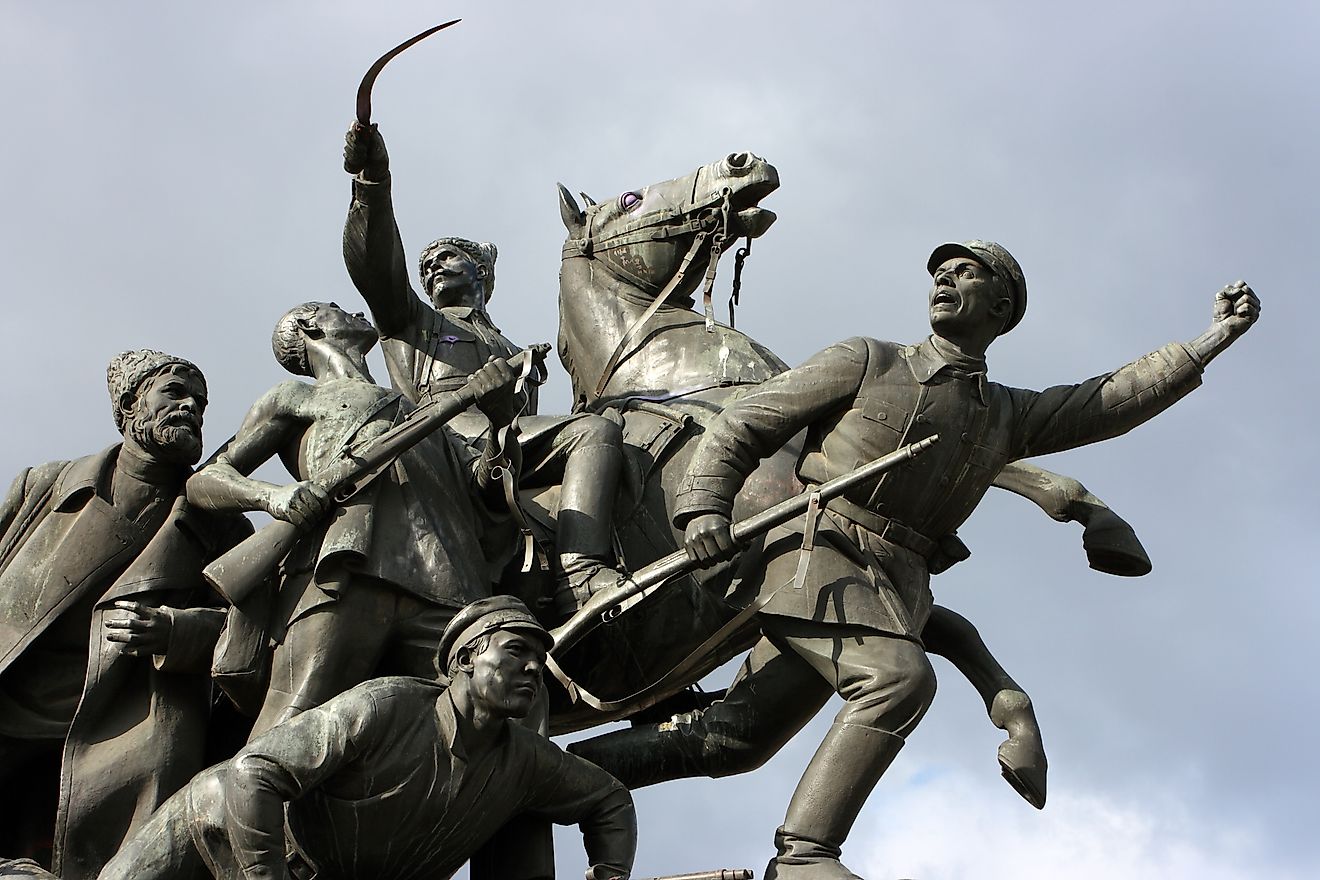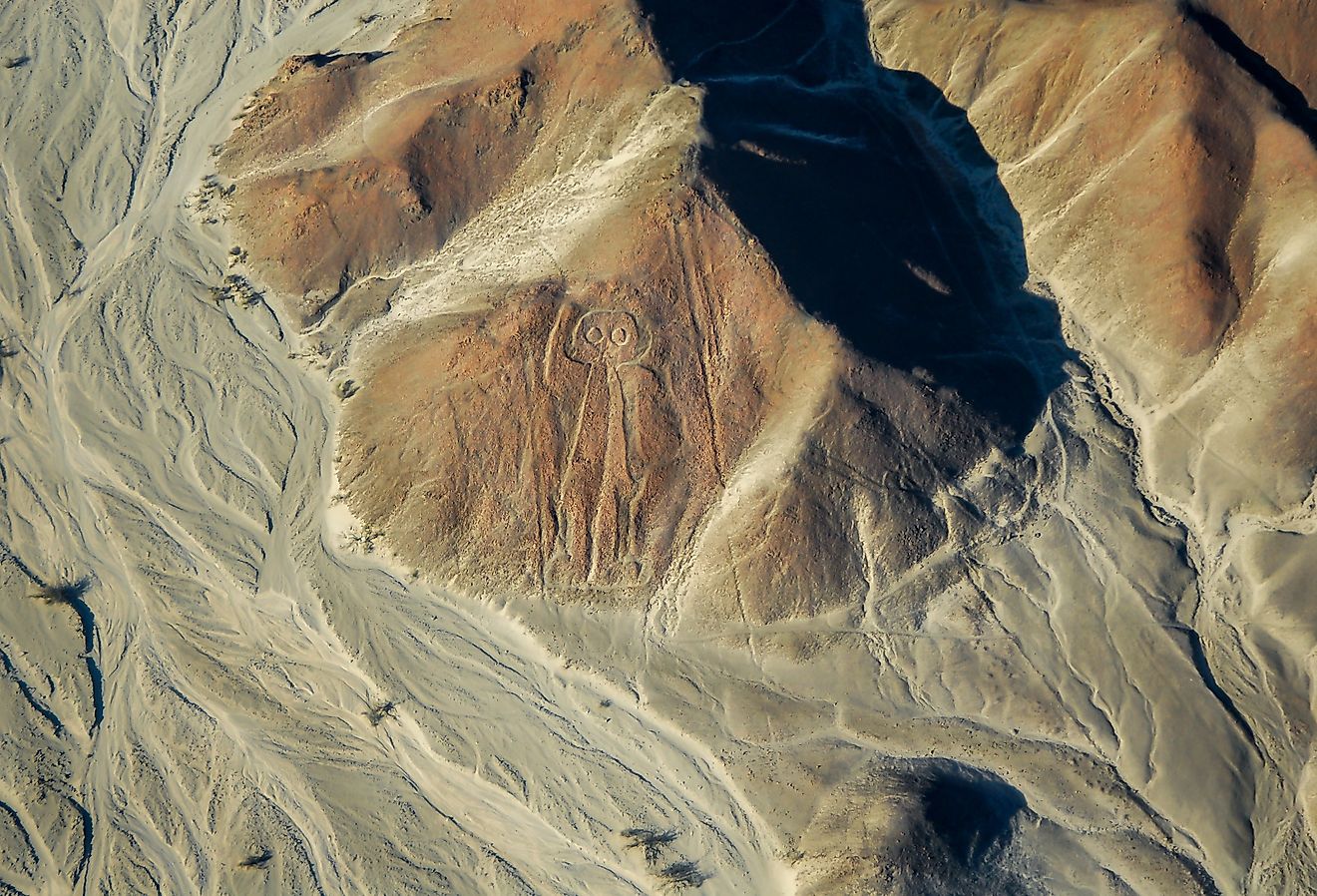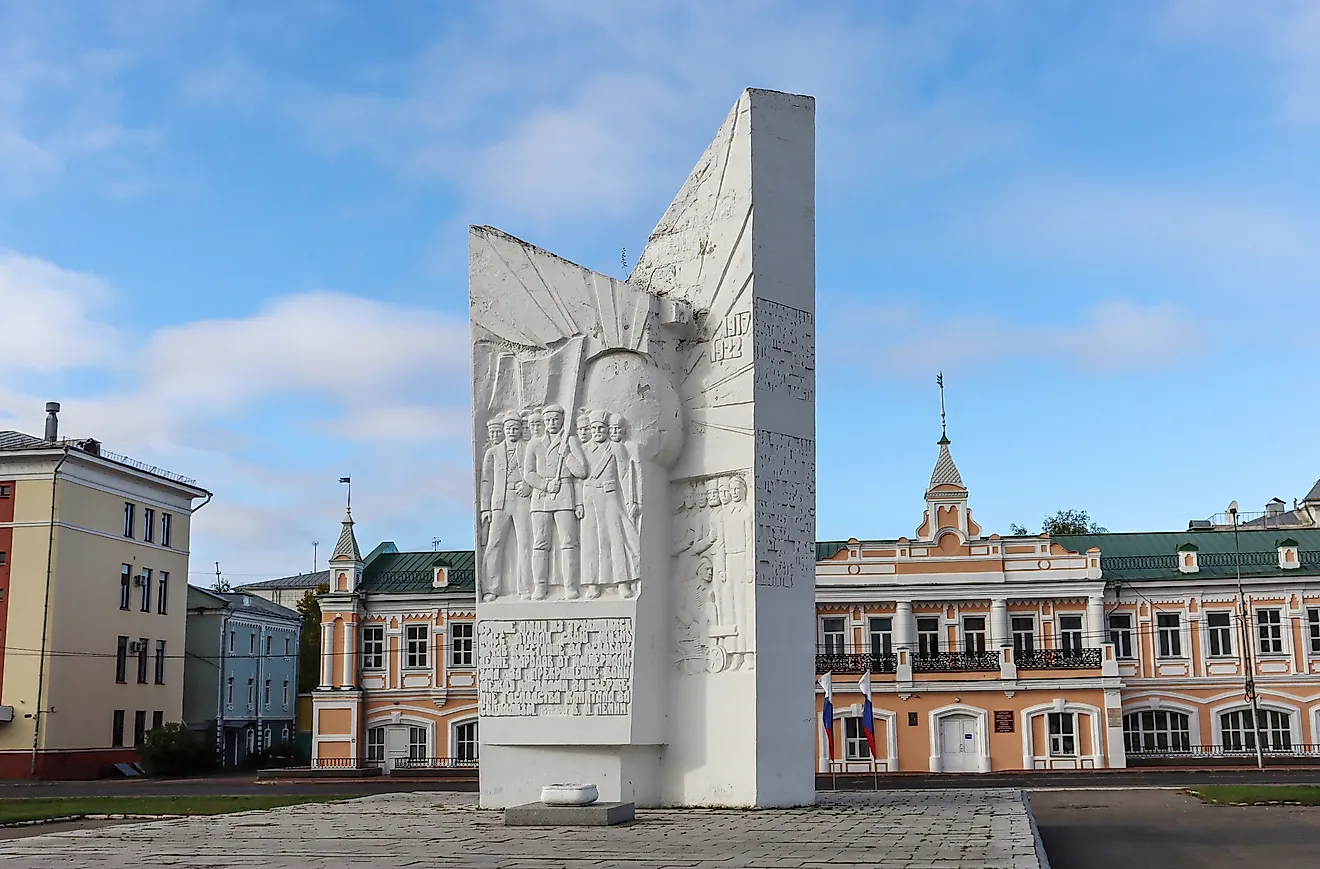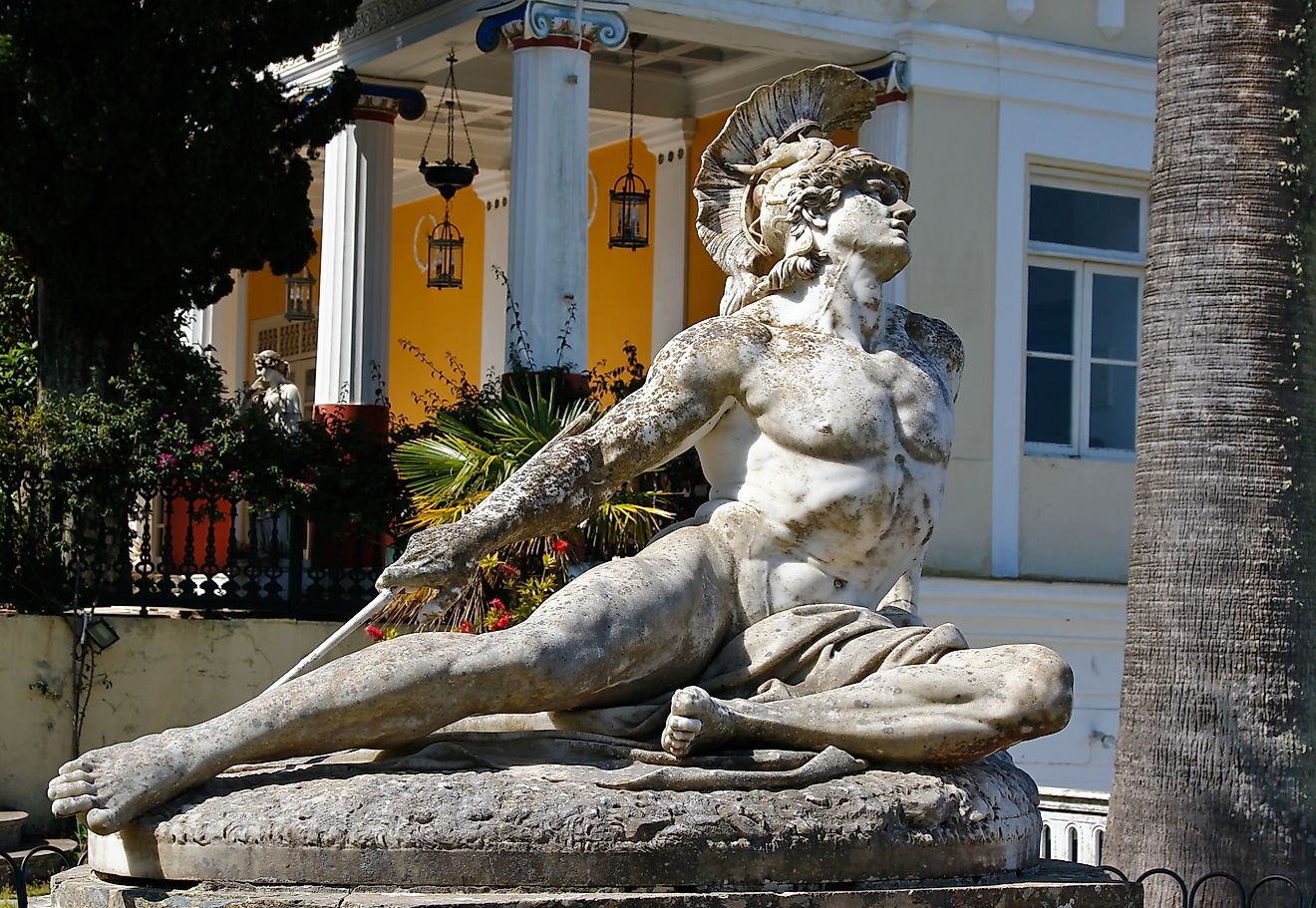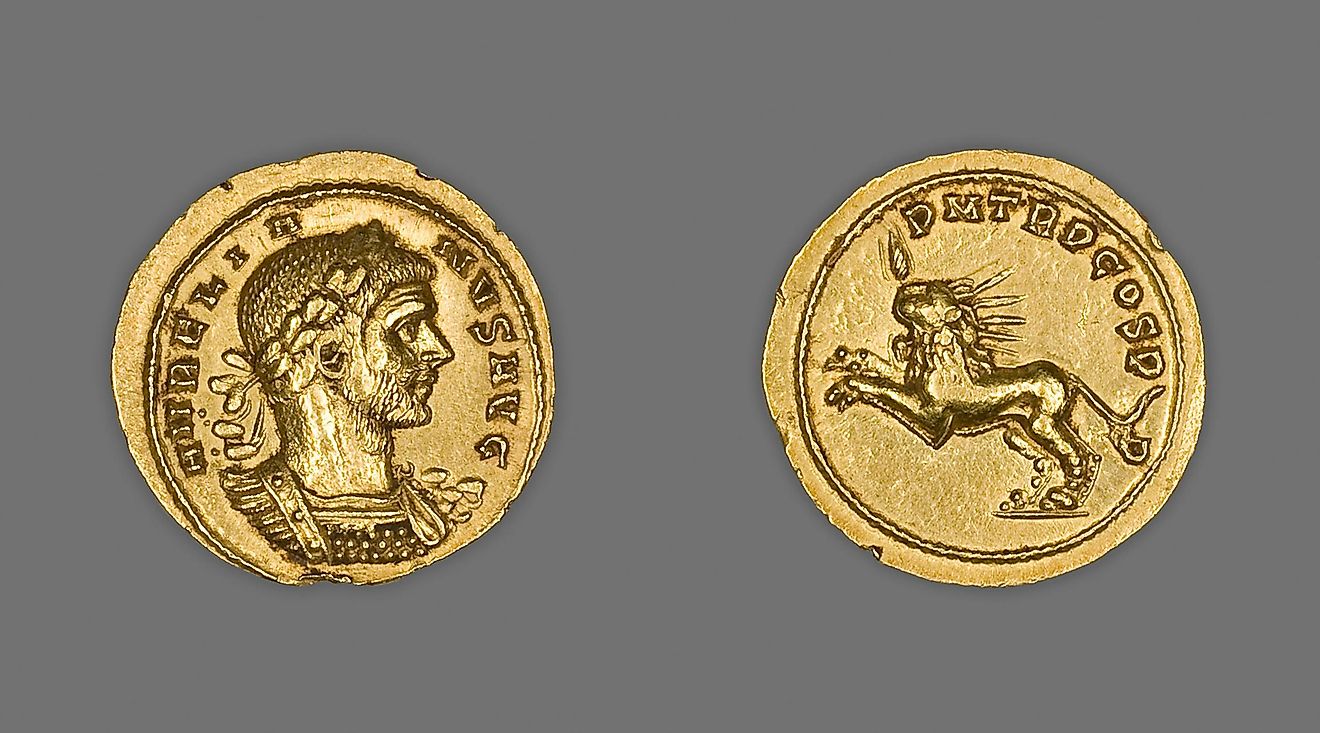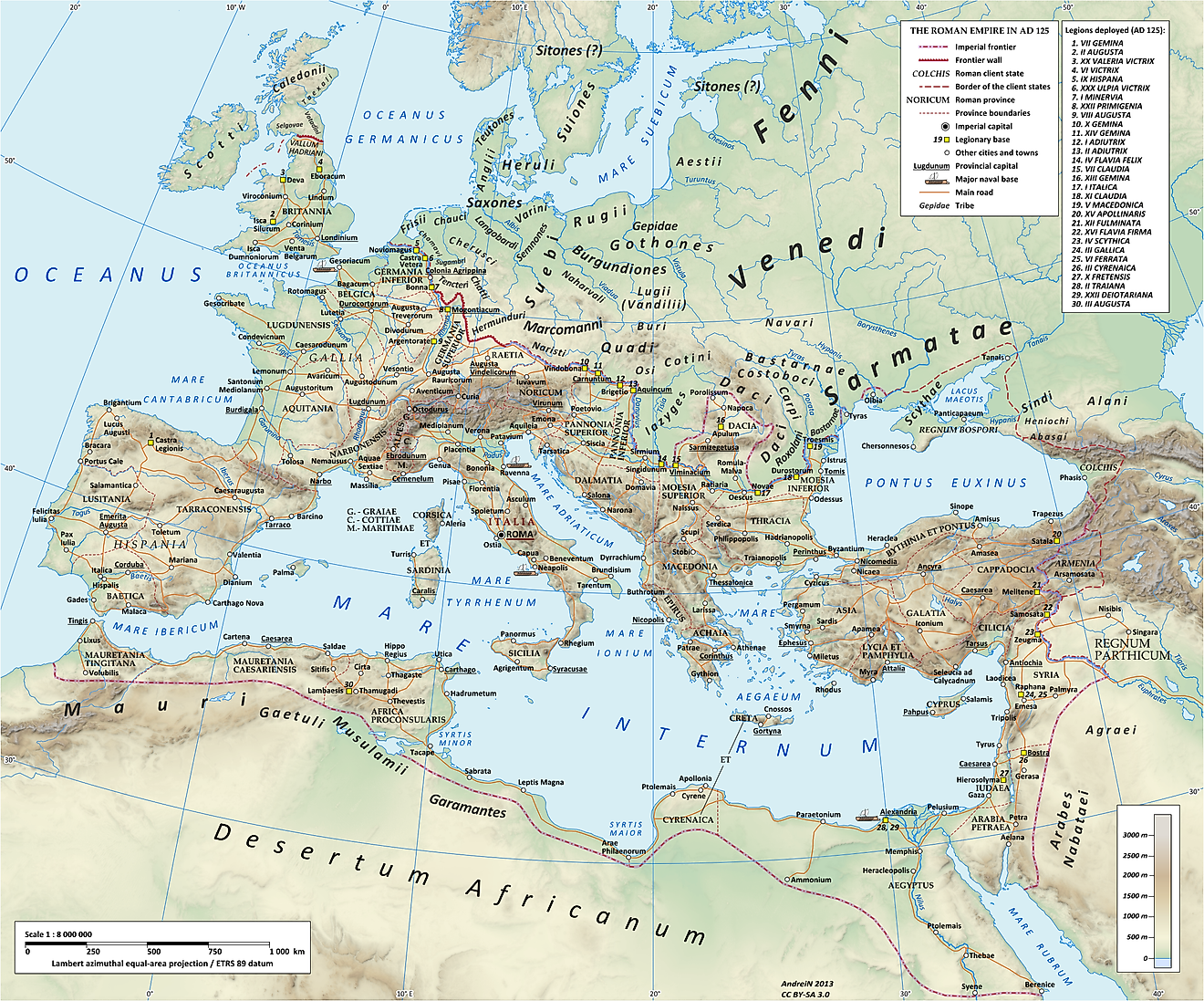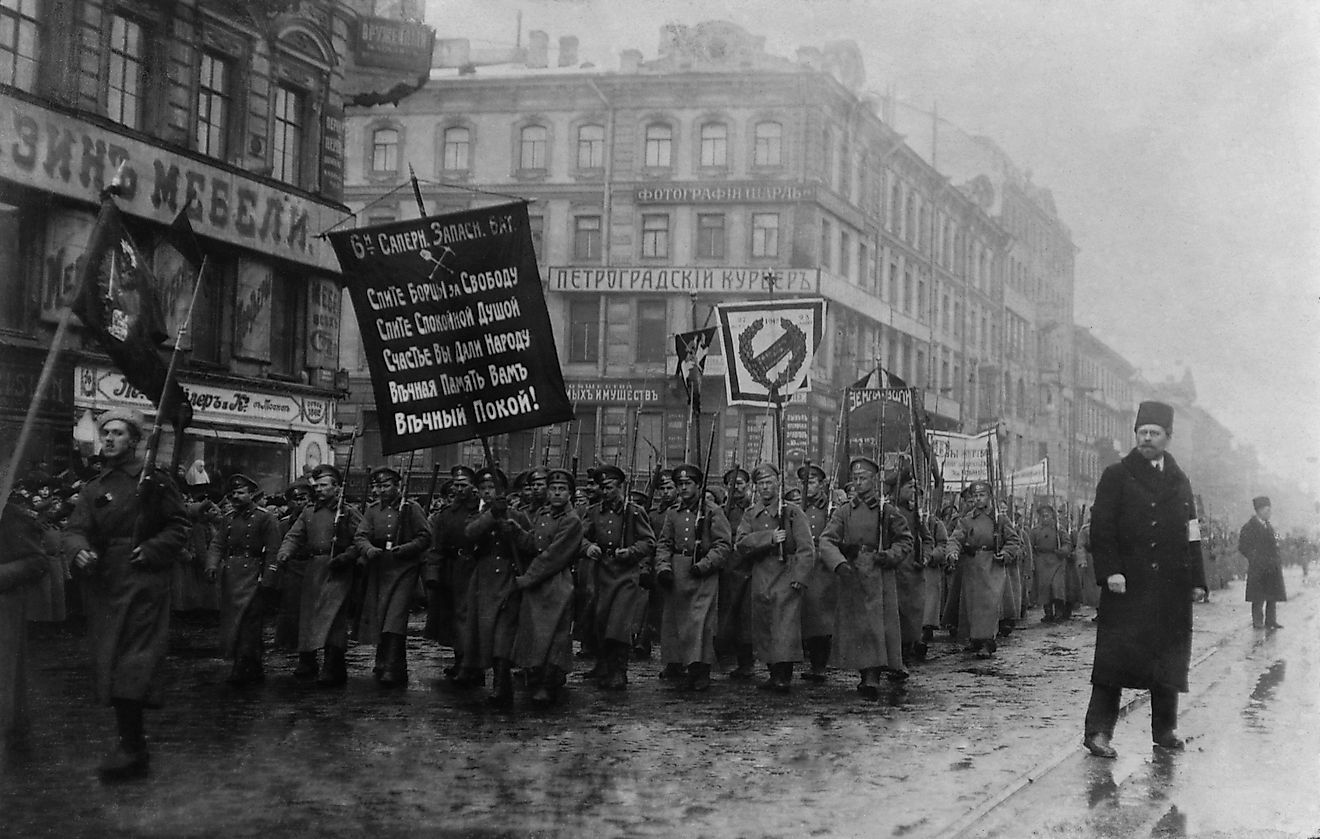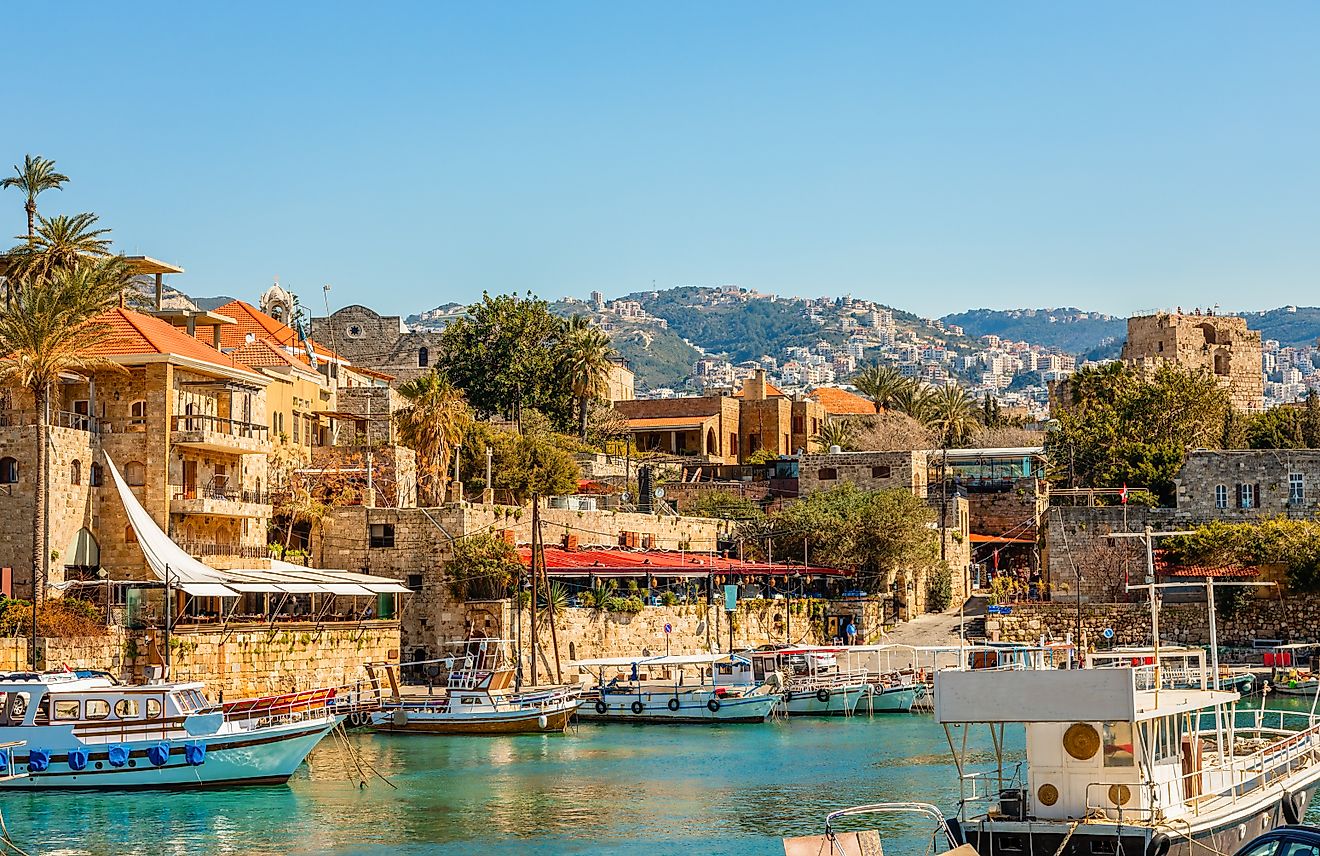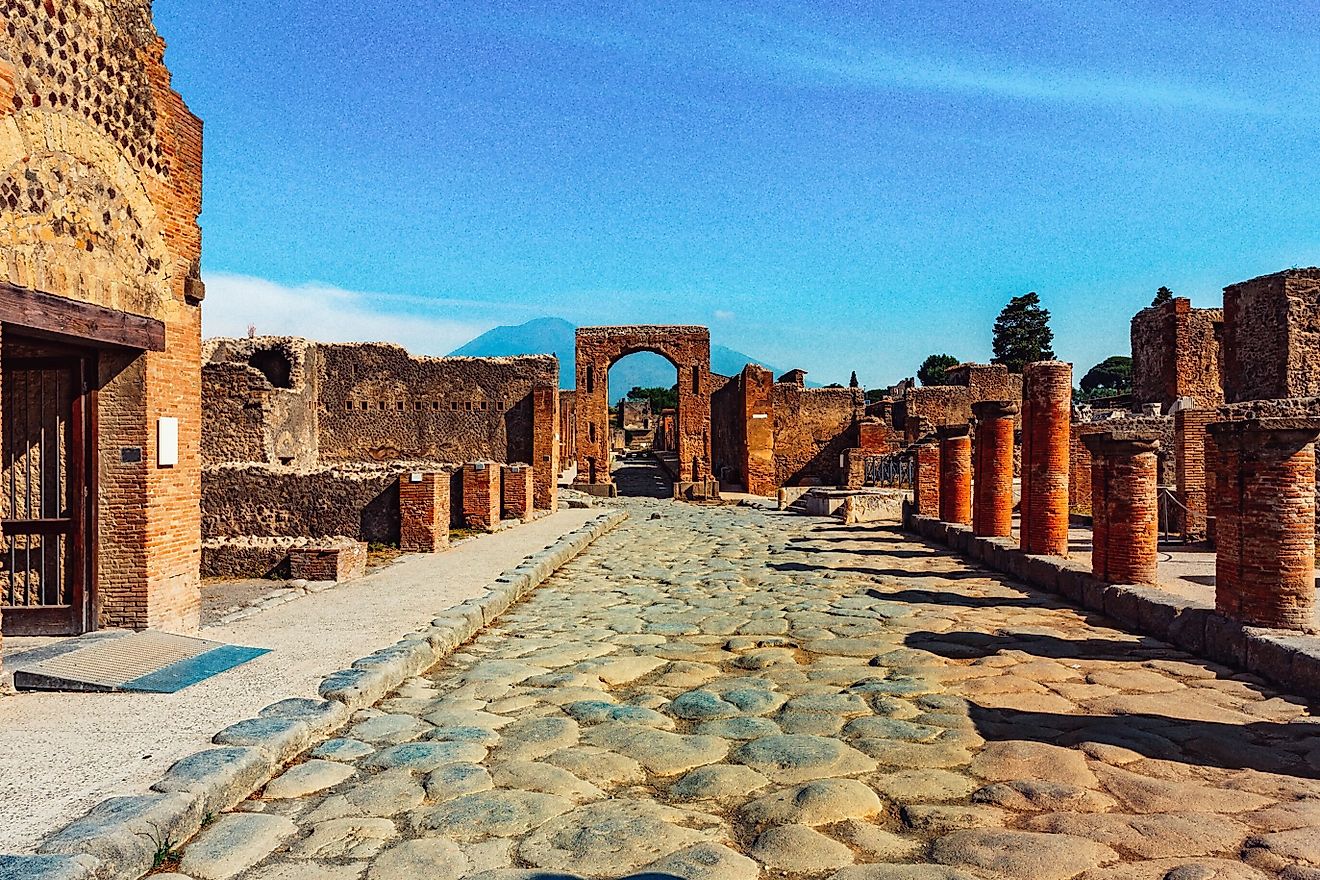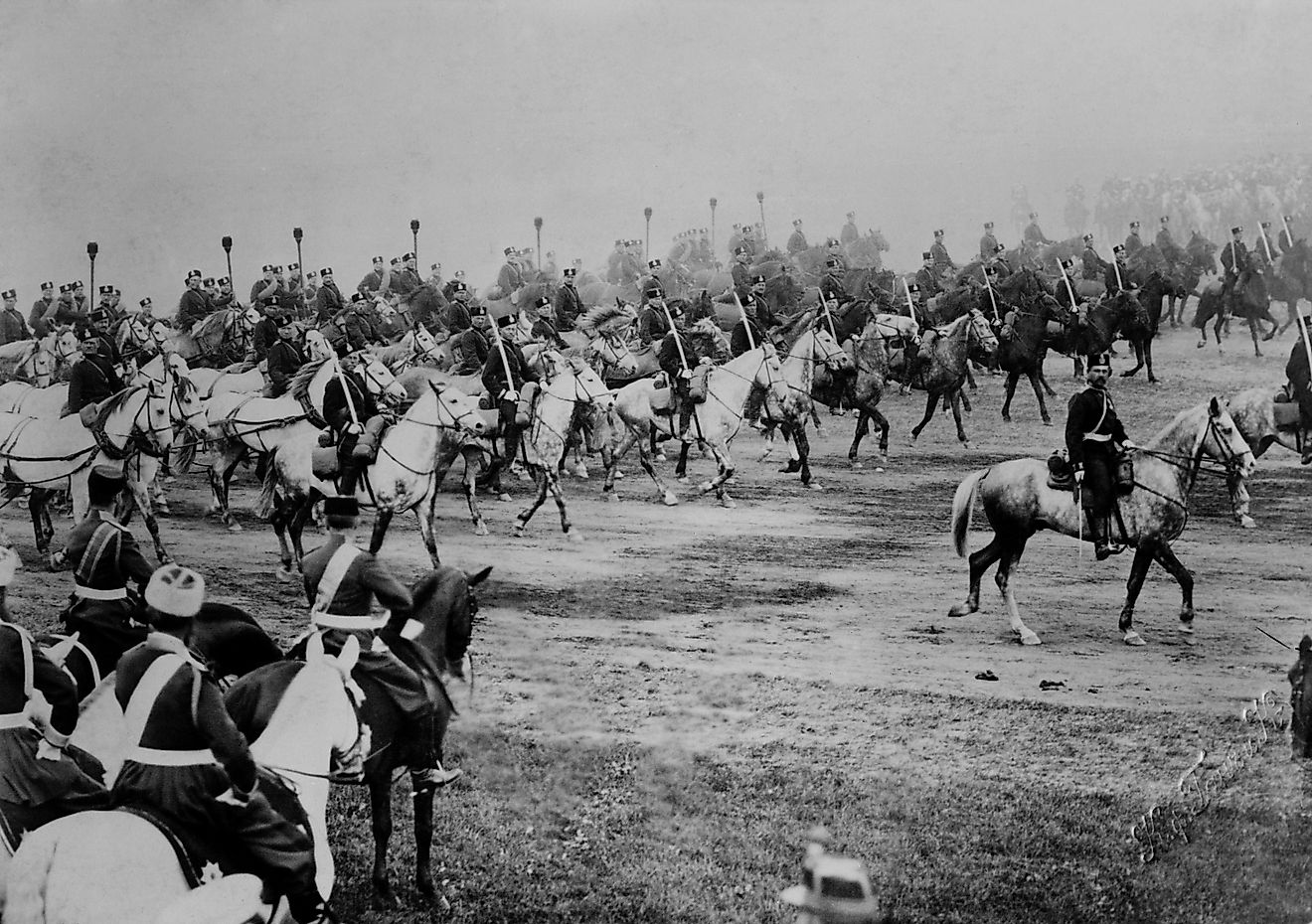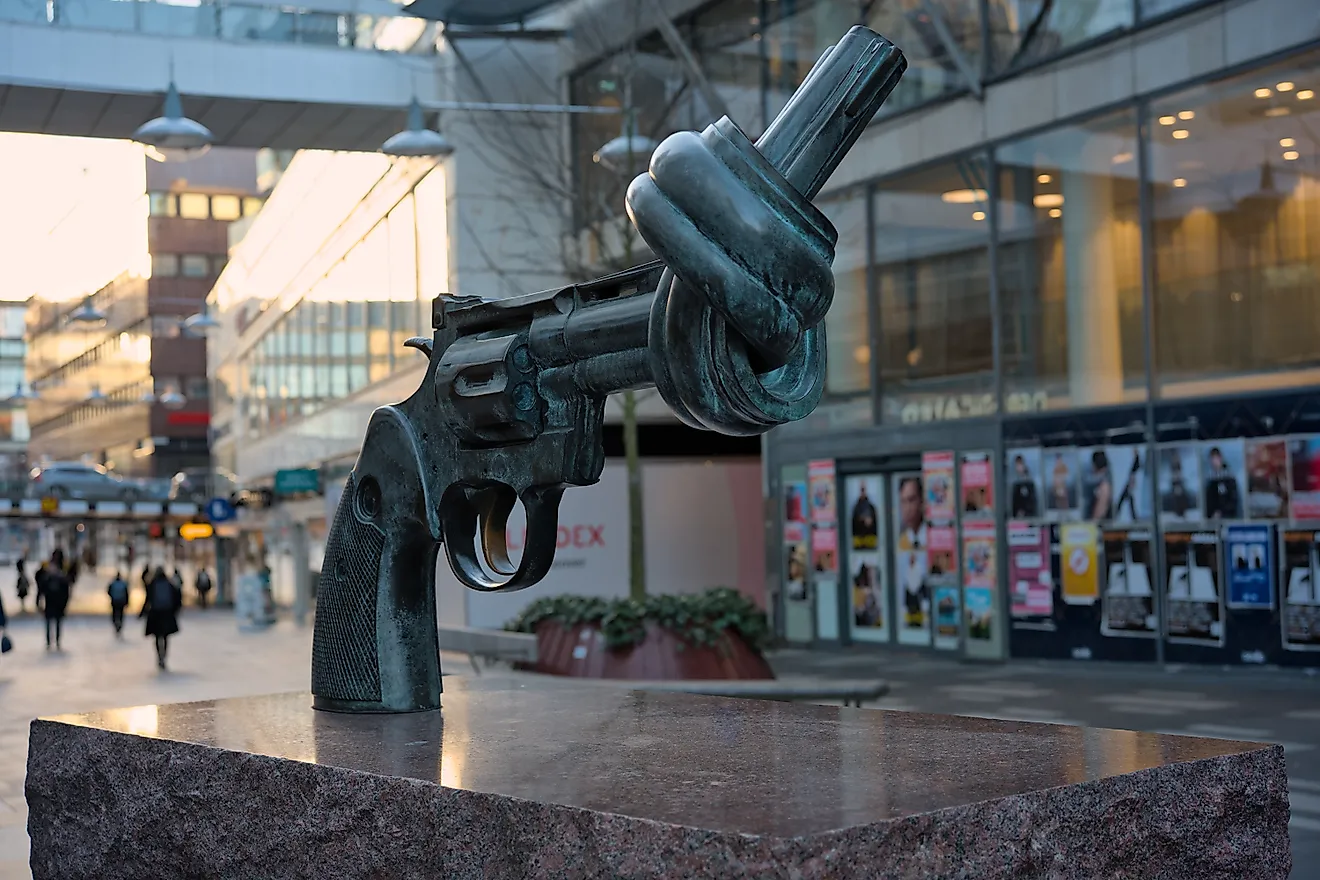
Brutal Dictators You Have Never Heard Of
During the 19th and 20th centuries, dictators dominated human history. The dictators of the last 150 years were by no means the first and will certainly not be the last; however, the archetypical authoritarian ruler who invades neighboring nations and brutalizes his own people really came into full swing during this period. We have all heard of Mao Zedong and Adolf Hitler, but many exceptionally wicked rulers from world history remain largely unknown by much of the public today. Learning about these ruthless dictators is important to honor the countless victims of their brutal regimes.
King Leopold II (1865-1909)
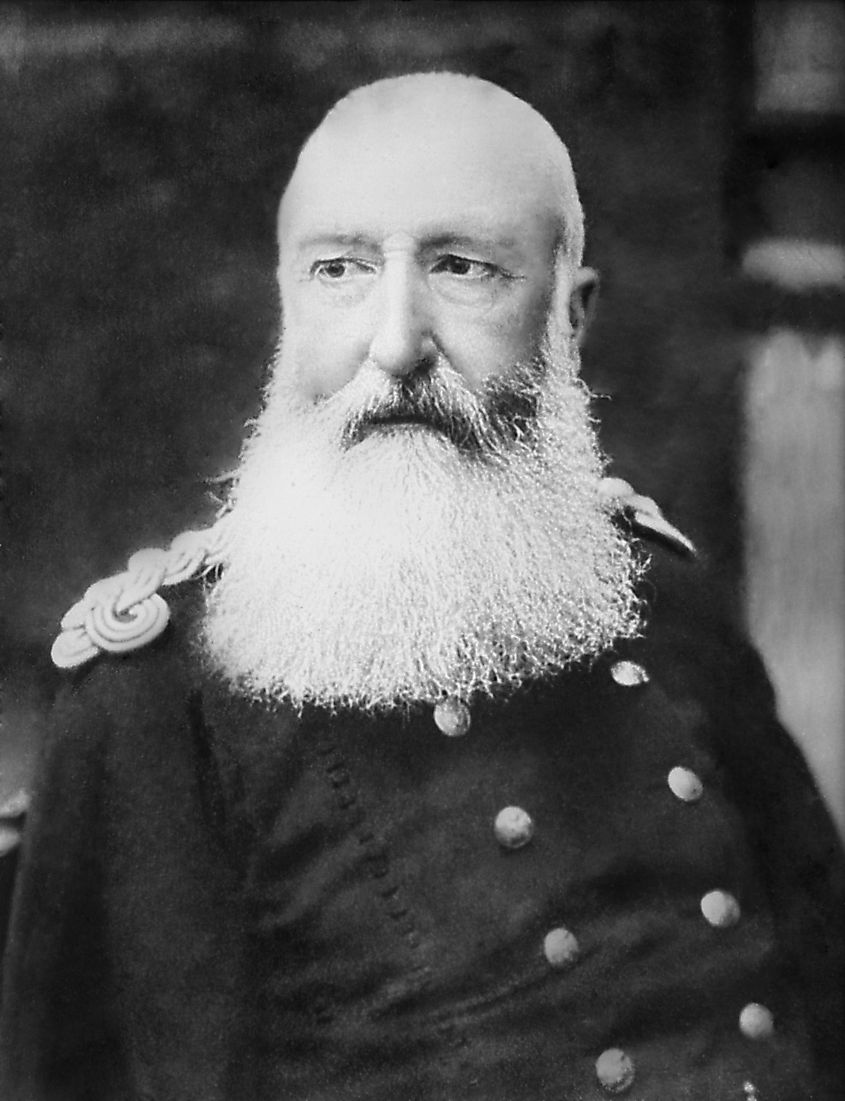
While technically not a dictator on account of him being the king of Belgium from 1865 to 1909, King Leopold II certainly ran the Congo Free State like a dictatorship. During the Scramble for Africa in the middle of the 19th century, many of the European powers flooded into the continent to try and settle and conquer as much land as possible.
Of course, the main players in this land grab were the British, French, Germans, and Portuguese. However, Belgium had a hand in this chaotic time as well. Belgium had not even been a nation at the beginning of the 19th century and only came into existence after the Napoleonic Wars. In a desperate attempt to earn respect, legitimacy, and riches, the Belgian monarch set his eyes on the modern-day Congo for expansion.
By 1885 after years of surveying the inland landscape and geography, King Leopold II personally established what he would call the Congo Free State. Leopold justified this expansion in two ways. First, he claimed he was on a civilizing mission to save Africans from their supposedly backward and barbaric ways. Secondly, he was seizing the land to save the Congolese natives from Muslim slaves that routinely carried out raids in the area. While it is true that there were slavers active in the region, Leopold was by no means trying to save the Congolese from a lifetime of forced labor but rather trying to gain as many enslaved people for himself as possible.
It should be stated the Congo Free State was not a colony of the Belgian government but rather the personal property of Leopold II. He was the supreme authority of the land and did whatever he pleased with the land and the people living on it. Leopold II wasted no time in turning the Congo into an unimaginable hell. Any native not part of his private military in the colony was put to work. Mining for precious metals, poaching animals for ivory, and harvesting rubber, was the colony's main exports.
The native Congolese were pressed into slavery and forced to work in appalling conditions to meet the increasingly demanding quotas set by the king. Punishing enslaved people who did not match the desired quotes with the dismemberment or mutilation of their hands or feet was common practice. Many uprisings occurred, but Leopold's private military ruthlessly put them down. The conditions brought about by the Belgian monarch were so brutal that it is estimated that nearly half of the Congolese population, 10 million people, died as a direct result of his rule.
These atrocities were largely kept a secret until the British government investigated the grizzly testaments of a handful of Christian missionaries. When word got out, much of the world was shocked and appalled by what had happened. Some newspapers in Belgium went so far as to suggest that King Leopold II should be publicly executed for his crimes against humanity. No such justice was ever carried out, but the global outcry forced Leopold II to relinquish control of the colony to the Belgian government in 1908. Leopold died only one year later, and the Congo remained a Belgian possession until the 1960s.
Francisco Solano Lopez (1862-1870)
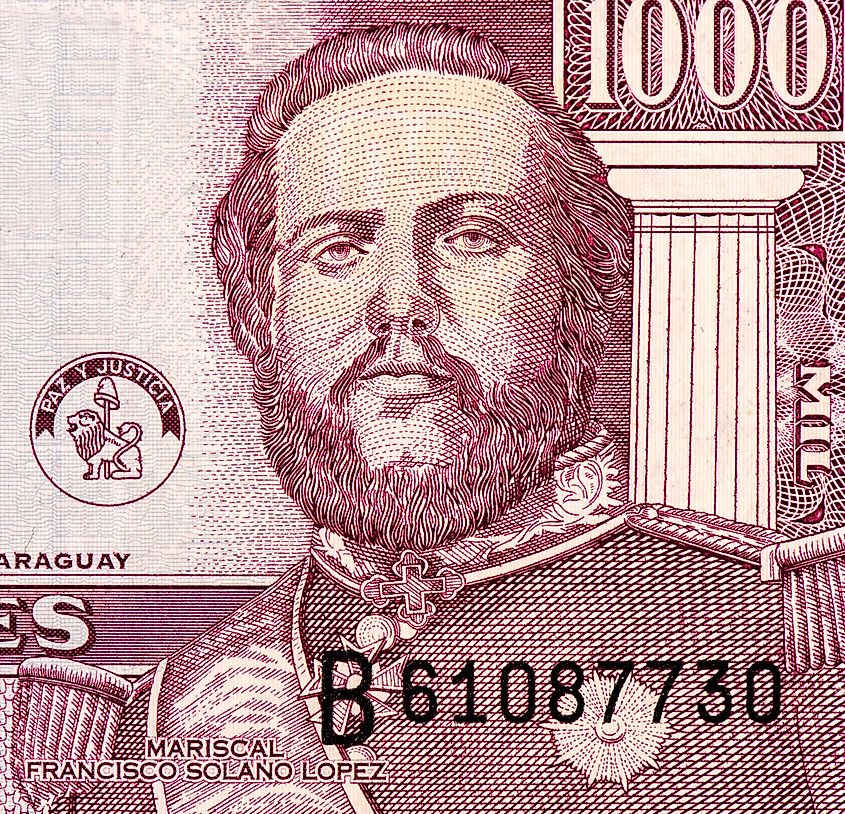
Francisco Solano Lopez was the president of Paraguay from 1862 until his untimely death in 1870. Since Lopez was a young boy, he had always been fascinated with history's great military leaders. Julius Caesar and Alexander the Great were some of his favorites, but nothing could compare with his obsession with Napoleon Bonaparte. Lopez first gained this love for the French emperor after he served as an ambassador for Paraguay in both Sardinia and France. He was enthralled by how such an unassuming man could become so powerful and feared in such a short amount of time.
When Francisco came to power after his father died in 1862, he was quick to begin his path to becoming the "Napoleon of Latin America." Lopez immediately started to build up what military forces he could muster. Despite Paraguay only having a population of 750,000 at the time, Lopez formed an army of nearly 70,000 men thanks to a series of new conscription laws that he enthusiastically ushered in.
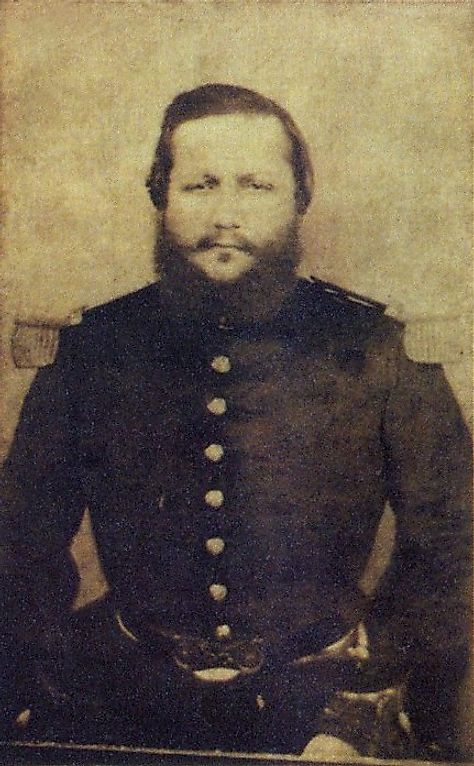
Almost overnight, Lopez was in command of the largest single military on the continent. However, despite being a large fighting force relative to what his rivals could field, Lopez's army was woefully underequipped. Many of his soldiers lacked basic training and gear. Some were so poorly outfitted that they went into battle without shoes. In 1865 Lopez and his government recklessly involved themselves in a civil war raging in Uruguay, which Brazil had directly instructed Lopez not to do. Instead of heeding the warning of the large empire to its north Lopez, to the surprise of everyone involved, declared war on Brazil.
Lopez scored some victories against the Brazilian army in the early months of the war. Brazil was caught completely off guard by the brash and bold attitude of the Paraguayan dictator and was unable to organize serious opposition. Sadly for Lopez, these victories would be short-lived. It would not be long before Lopez gained another enemy in Argentina.
As a Paraguayan army advanced into southern Brazil, another force was dispatched to help what allies they did have left in Uruguay. However, in order to get into Uruguay, Lopez's forces would have no choice but to cross through Argentina. Lopez asked the Argentine government to cross into their territory and was promptly laughed out of the room. In a bitter rage, he once again declared war. In a short few months, the small nation of Paraguay was now at war with Brazil, Uraguay, and Argentina.
The Allied forces began a slow and sluggish invasion of Paraguay which ran into countless roadblocks and disasters thanks to poor coordination and leadership. Eventually, the Allies could crush most of the Paraguayan military at the Battle of Lomas Valentinas in 1868. Lopez and what remained of his army continued a guerilla campaign against the invaders for the next two years.
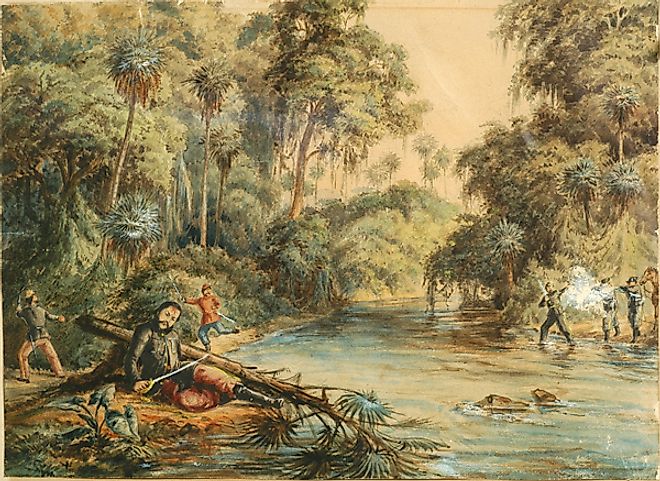
After years of devasting fighting, Lopez and his dreams of military conquest would come crashing down at the Battle of Cerro Corá. His ragtag army was utterly destroyed, and Lopez was shot dead after refusing to surrender even though he was already heavily wounded. In the aftermath, Paraguay remained under Brazillian occupation until 1876 and was forced to cede some of its lands as well. The war was unbelievably destructive for Paraguay. The small nation lost nearly 60% of its population due to one man's thoughtlessness.
Ante Pavelić (1941-1945)
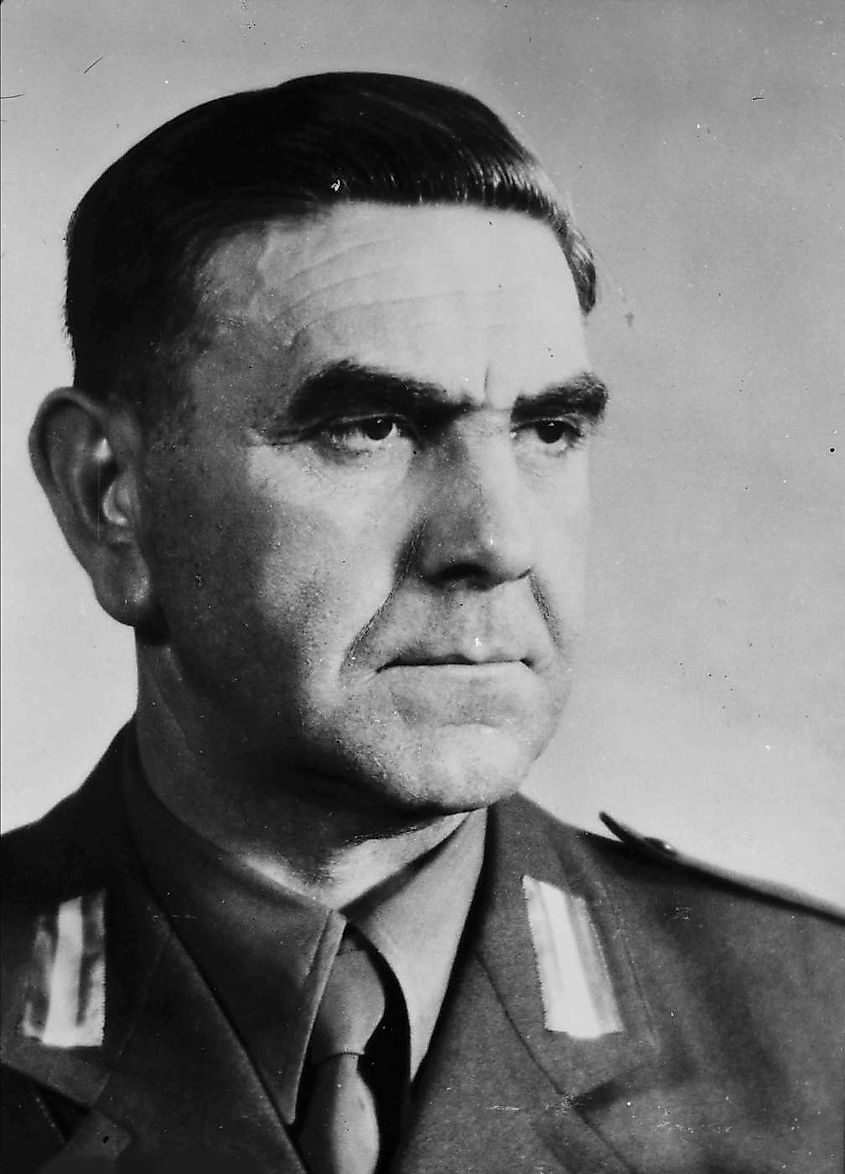
Of all the fascist puppet rulers that Nazi Germany installed during the Second World War, Ante Pavelić might have been the worst. When the Nazis stormed into Yugoslavia in 1941, Pavelić was placed in charge over the lands of what are roughly modern-day Croatia, Bosnia, and parts of Serbia. Pavelić was a diehard Croatian nationalist his entire life and was not quiet about his burning hatred of the Serbians, who now found themselves at his mercy. Pavelić quickly enacted a series of repressive and violent campaigns against Serbian Jews and Orthodox Christians.
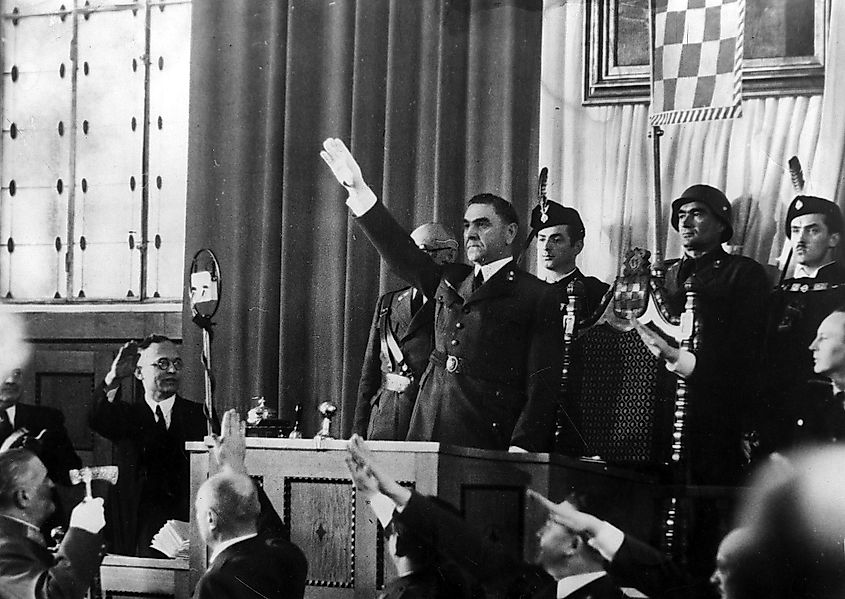
Pavelić's political party, the Ustashe, were some of the most ruthless and cold-blooded of any war faction. Unwanted minority groups would be routinely rounded up on bogus charges and set into prison camps. At these camps, prisoners would be subjected to a whole manner of unspeakable acts. Torture, rape, murder, and slave labor defined the average experience of prisoners in these camps. Estimates are not totally clear, but it is thought that roughly 350,000 Serbs, Bosnians, Romani, and Jews died due to the murderous policies of Pavelić and his regime, not to mention the countless political prisoners who were executed as well.
The barbarity of the Ustashe was so disgusting that even Heinrich Himmler took exception to it. He is quoted as saying, "The Ustaše committed their deeds in a bestial manner not only against males of conscript age but especially against helpless old people, women, and children." By 1945 it was clear to Pavelić that the war was lost, and he successfully fled to Argentina to escape trial. Pavelić would live the rest of his life in Argentina and Spain until he died in 1959.
Isaias Afwerki (1991-Present)
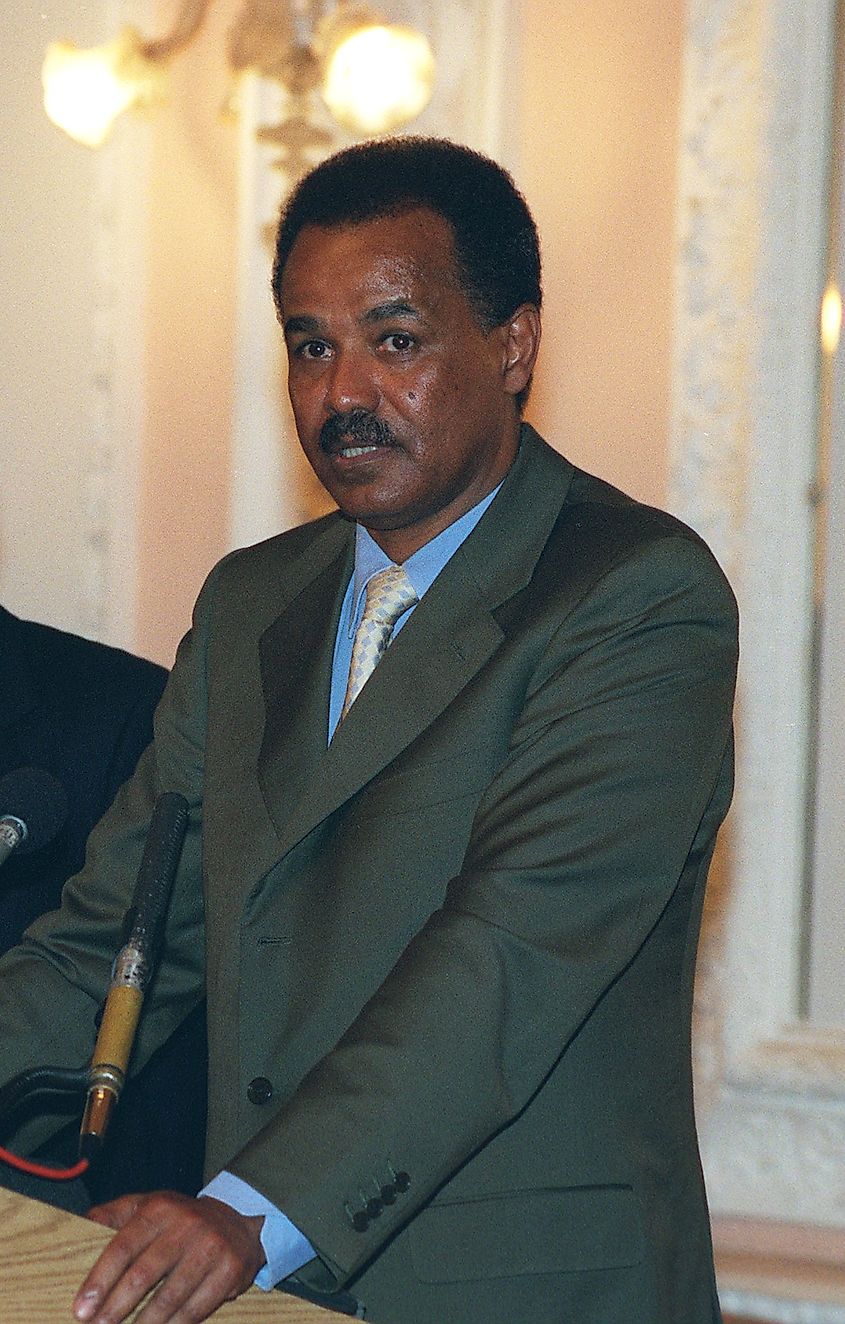
After the small African nation of Eritrea won its independence from the despotic communist regime of Ethiopia in 1991, some were hopeful that this upstart nation would be a shining tower for East Africa and lead the region toward prosperity and democracy. Sadly, these hopes would die out under the crushing heel of Isaias Afwerki.
Afwerki immediately took control after the war against Ethiopia and set up one of the most regressive and restrictive regimes in the world. Sometimes referred to as the "North Korea of Africa," Eritrea remains a nation that has some of the most limited access to the internet and the outside world.
Any kind of dissent against the Afwerki regime is met with swift and brutal punishment. The secret police within Eritrea are known to be exceptionally ruthless and cunning. The abduction and subsequent torture and even murder of those who do not toe the party line are by no means uncommon under Afwerki's rule.
Only those closest to Afweki can live comfortable lives, with most Eritreans living in crippling poverty. Eritrea is also one of the only countries in the world that force conscription on its citizens for an indefinite amount of time. Conscripts' service in the military could be a few short years or a lifetime, depending on your standing with the regime. The wicked actions of Afwerki have led to an enormous refugee crisis stemming out of Eritrea since his rule began in the1990s. It is thought that almost 400,000 people have fled the nation since Afwerki took power.
Francisco Macias Nguema (1968-1979)
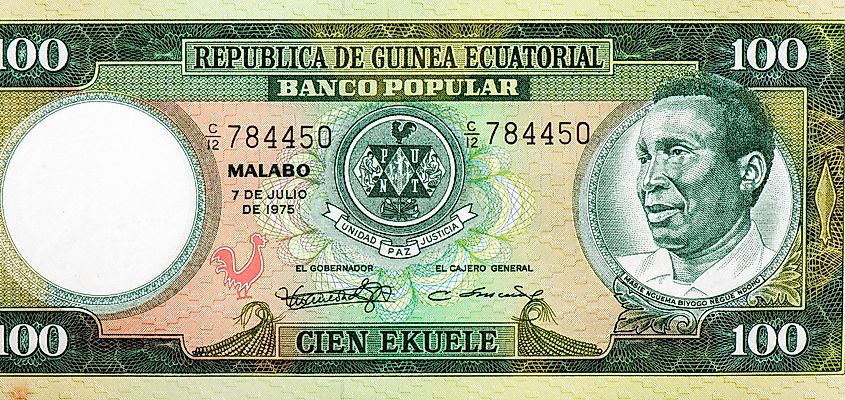
The power vacuum left during the decolonization efforts of European powers in the decades following World War 2 is unprecedented. It would seem that just about every former colony from Africa to Asia fell into the clutches of a power-hungry and opportunistic dictator, with the previous colonial power either too weak or indifferent to stop such tragedy from transpiring.
This was the case in Equatorial Guinea. This small West African nation held its first and only democratic elections in 1968 after gaining its independence from Spanish rule. The firey and charismatic lawyer Francisco Macias Nguema won the election. It was thought that the intentions of Nguema were pure, but it became obvious to his fellow citizens early on that his vision for the nation was far from admirable. Nguema's first move was to secure political control by either arresting or killing those he thought threatened his power.
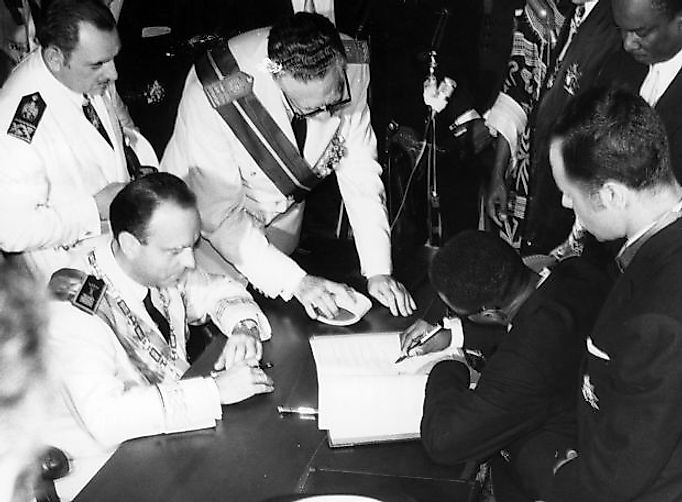
Ondo Edu, his previous opponent in the 1968 election, mysteriously "committed suicide" one year after his defeat in 1969. In 1971, Nguema declared that anyone threatening him or his government would be put to death and that offending him and his regime was now punishable with a 30-year prison sentence. In 1973, Nguema announced that Equatorial Guinea was officially a one-party state.
Nguema was perhaps the most cruel to those who he considered the educated elites. He would routinely round up and murder those in higher education and kill thousands of people for simply wearing eyeglasses. This act has unsurprisingly drawn comparisons between himself and Pol Pot. Nguema was famously paranoid to the point of parody. He went so far as to supposedly stuff the riches of his nation's dwindling treasury into suitcases and sleep with them under his bed because he had so little trust for the people around him. This also resulted in many members of his regime being summarily executed for little more than a glance or look that Nguema took the wrong way.
By the late 1970s, Nguema's disastrous and outright idiotic policies had led to either the death or expulsion of nearly two-thirds of Equitoral Guinea's 300,000-strong population. In 1979, Nguema was deposed by his nephew Teodoro Obiang Nguema Mbasogo. Teodoro had his uncle killed in the uprising, and he still rules over Equatorial Guinea to this day.
An incalculable amount of ordinary people have suffered at the hands of evil leaders claiming to be acting to benefit the populace or nation. This issue continues to exist even today. Hopefully, a study of these types of dystopian societies and governments will arm us with the tool necessary to upkeep and maintain our own free nations that we are all lucky enough to live in.
